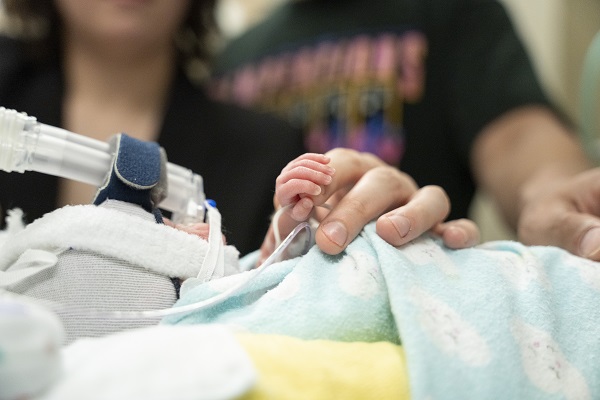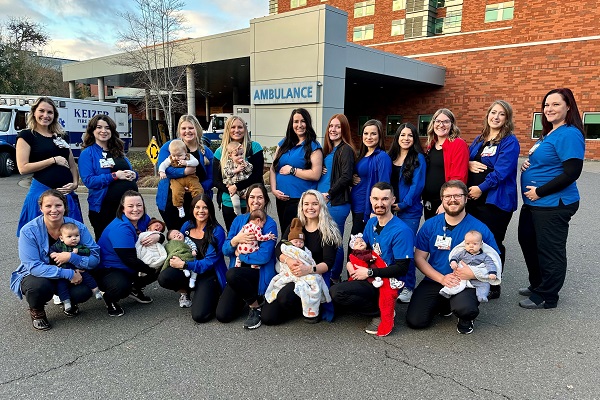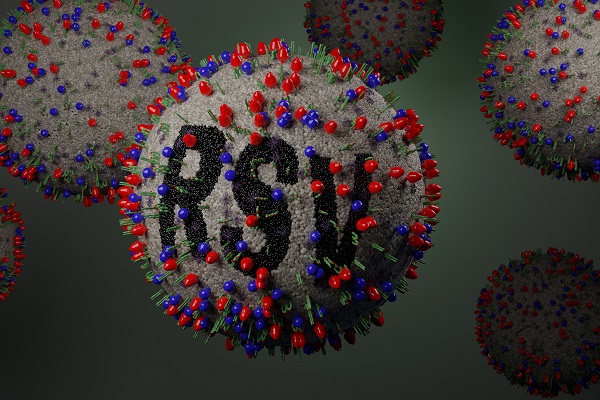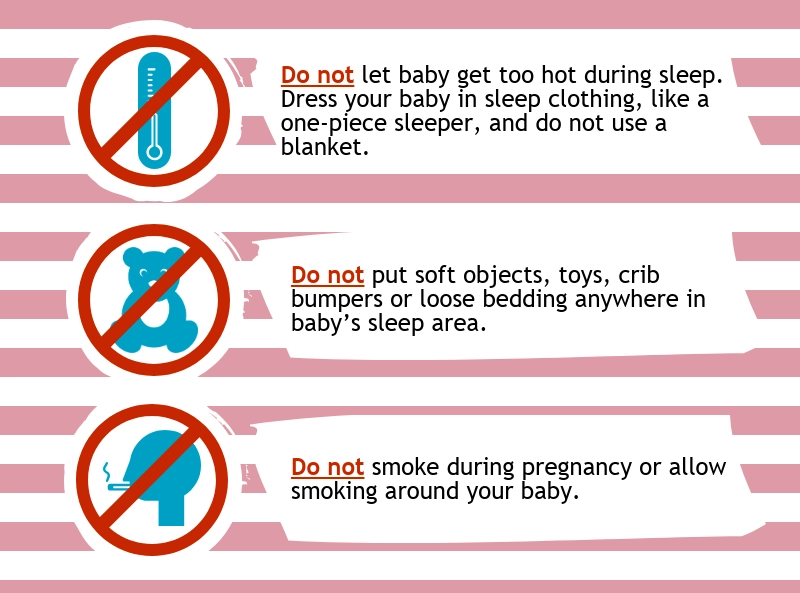-

Four ways to raise active kids
The CDC recommends that children ages 6 through 17 engage in at least an hour of physical activity d...
-

Salem Hospital NICU delivers personalized, family-integrated care to the tiniest of patients
The NICU at Salem Hospital, available day or night for newborns and families who need extra support,...
-

Emergency room baby boom: Salem Health staff welcome wave of new arrivals
Whether it's something in the water or just the stars aligning, this baby boom has brought plenty of...
-

The top three healthy habits for children
Starting healthy habits early isn’t about perfection — it’s about creating a supportive environment ...
-

2025’s first baby Eliana answers a prayer
Eliana was the first baby born in 2025 at the Salem Health Family Birth Center.
-

Helping the littlest patients stay healthy during RSV season: A comprehensive guide
Most symptoms start mild and peak five to seven days after the first symptom. That’s when hospitaliz...
-

Four tips for kid-friendly screen time
In an increasingly digital world, it can be tough for parents to manage their children’s screen time...
-

Working together as a family after bariatric surgery
Dr. Boulay said many of her patients are women and mothers and, as a mother herself, she knows how h...
-

The 5 essential tips for maintaining your mental health while parenting
According to the CDC, taking care of your mental health while parenting is important for both you an...
-

'Terrible twos' and beyond: How to tackle tantrums with confidence
Remember, your child is still learning how to express their emotions and needs your guidance. Here a...
-

Be SMART: Secure gun storage class at CHEC aims to save lives
Learn the best ways to place a barrier between a firearm and anyone you do not want to use it — whet...
-

Adventure awaits: Top tips for safe hikes with your kids
Whether you’re planning a day hike or shorter, safety always comes first. With these tips in your ba...
-

The do's and don'ts of safe sleep for babies
Sudden Infant Death Syndrome is the leading cause of death in infants between 1 month and 1 year old...
-

Open windows pose dangers for kids at home
The Oregon Trauma Registry reported that 26 children fell from windows statewide in 2014 — two died.